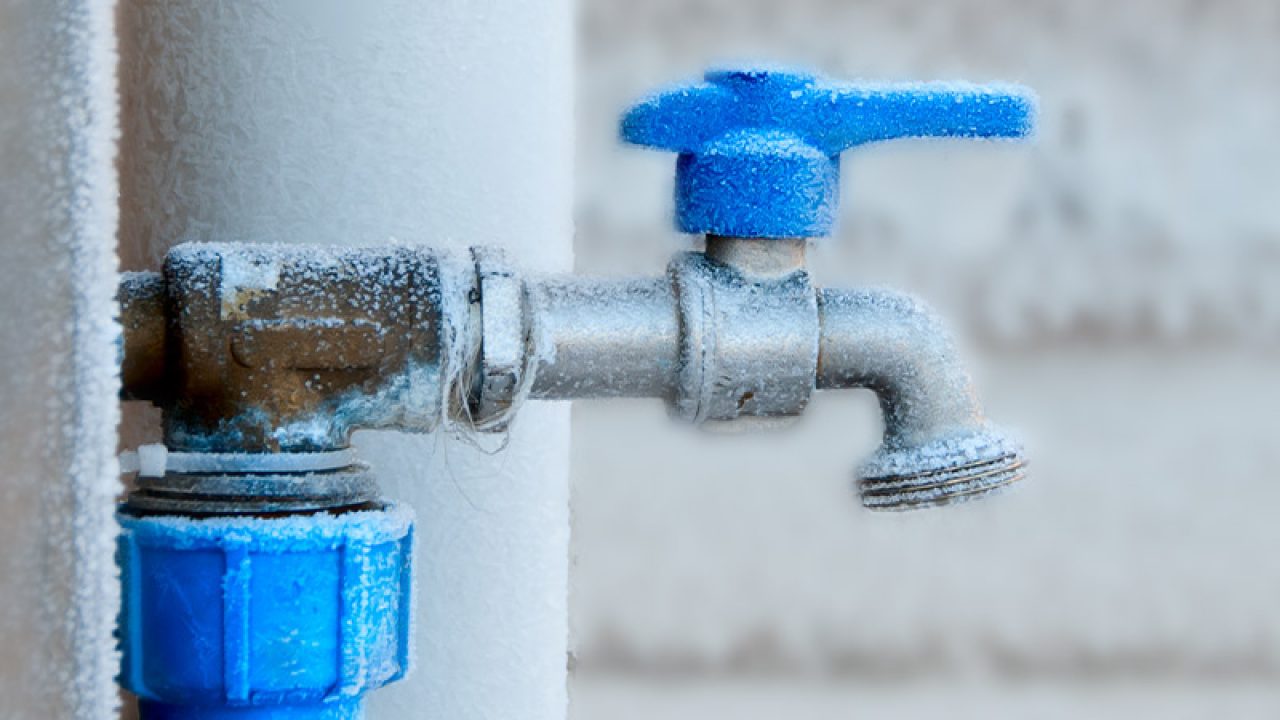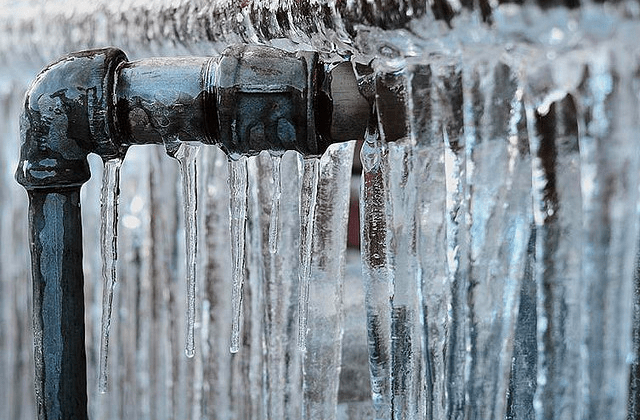How to Safeguard Pipes from Freezing: Professional Advice
How to Safeguard Pipes from Freezing: Professional Advice
Blog Article
What're your opinions with regards to How To Avoid Freezing Pipes?

Winter can ruin your pipes, specifically by freezing pipes. Here's exactly how to avoid it from taking place and what to do if it does.
Intro
As temperature levels drop, the risk of frozen pipelines boosts, possibly leading to costly fixings and water damage. Recognizing just how to prevent frozen pipes is essential for home owners in cold climates.
Prevention Tips
Protecting prone pipelines
Cover pipelines in insulation sleeves or make use of warm tape to safeguard them from freezing temperatures. Concentrate on pipes in unheated or outside areas of the home.
Heating techniques
Maintain indoor rooms effectively warmed, specifically areas with plumbing. Open up closet doors to allow cozy air to flow around pipes under sinks.
Exactly how to recognize frozen pipelines
Seek lowered water circulation from faucets, unusual smells or sounds from pipes, and noticeable frost on revealed pipes.
Long-Term Solutions
Structural changes
Think about rerouting pipes far from exterior wall surfaces or unheated areas. Include extra insulation to attic rooms, basements, and crawl spaces.
Updating insulation
Purchase high-quality insulation for pipelines, attics, and walls. Correct insulation helps keep consistent temperature levels and reduces the danger of icy pipelines.
Safeguarding Outside Pipes
Garden pipes and exterior taps
Separate and drain pipes garden hoses before winter season. Install frost-proof spigots or cover outdoor taps with insulated caps.
Comprehending Icy Pipelines
What triggers pipelines to ice up?
Pipelines freeze when revealed to temperature levels below 32 ° F (0 ° C) for extended periods. As water inside the pipes ices up, it expands, taxing the pipe walls and possibly causing them to rupture.
Threats and damages
Icy pipelines can result in water disruptions, property damage, and costly fixings. Ruptured pipes can flood homes and cause comprehensive structural damage.
Indications of Frozen Water Lines
Determining frozen pipelines early can stop them from rupturing.
What to Do If Your Pipes Freeze
Immediate actions to take
If you think icy pipes, keep taps available to relieve pressure as the ice melts. Use a hairdryer or towels soaked in warm water to thaw pipelines slowly.
Verdict
Protecting against icy pipes requires aggressive steps and quick responses. By recognizing the causes, indicators, and preventive measures, home owners can secure their pipes throughout winter.
Helpful Tips to Prevent Frozen Pipes this Winter
UNDERSTANDING THE BASICS: WHY PIPES FREEZE AND WHY IT’S A PROBLEM
Water freezing inside pipes is common during the winter months, but understanding why pipes freeze, and the potential problems it can cause is crucial in preventing such incidents. This section will delve into the basics of why pipes freeze and the associated problems that may arise.
THE SCIENCE BEHIND FROZEN PIPES
When water reaches freezing temperatures, it undergoes a physical transformation and solidifies into ice. This expansion of water as it freezes is the primary reason pipes can burst. As the water inside the pipe freezes, it expands, creating immense pressure on the walls. If the pressure becomes too great, the pipe can crack or rupture, leading to leaks and water damage.
FACTORS THAT CONTRIBUTE TO PIPE FREEZING
Low Temperatures: Extremely cold weather, especially below freezing, increases the risk of pipes freezing. Uninsulated or Poorly Insulated Pipes: Pipes located in unheated areas, such as basements, crawl spaces, or attics, are more prone to freezing. Insufficient insulation or lack of insulation altogether exacerbates the problem. Exterior Wall Exposure: Pipes running along exterior walls are susceptible to freezing as they encounter colder temperatures outside. Lack of Heating or Temperature Regulation: Inadequate heating or inconsistent temperature control in your home can contribute to frozen pipes. PROBLEMS CAUSED BY FROZEN PIPES
- Pipe Bursting: As mentioned earlier, the expansion of water as it freezes can cause pipes to burst, resulting in significant water damage.
- Water Damage: When pipes burst, it can lead to flooding and water damage to your property, including walls, ceilings, flooring, and personal belongings.
- Structural Damage: Prolonged exposure to water from burst pipes can compromise the structural integrity of your home, leading to costly repairs.
- Mold and Mildew Growth: Excess moisture from water damage can create a favorable environment for mold and mildew growth, posing health risks to occupants.
- Disrupted Water Supply: Frozen pipes can also result in a complete or partial loss of water supply until the issue is resolved.
WHY CERTAIN PIPES ARE MORE PRONE TO FREEZING
- Location: Pipes located in unheated or poorly insulated areas, such as basements, crawl spaces, attics, or exterior walls, are at higher risk of freezing.
- Exterior Pipes: Outdoor pipes, such as those used for irrigation or exposed plumbing, are particularly vulnerable to freezing as they are directly exposed to the elements.
- Supply Lines: Pipes that carry water from the main water supply into your home, including the main water line, are critical to protect as freezing in these lines can affect your entire plumbing system.
- Underground Pipes: Pipes buried underground, such as those connected to sprinkler systems or outdoor faucets, can be susceptible to freezing if not properly insulated.
https://busybusy.com/blog/helpful-tips-to-prevent-frozen-pipes-this-winter/

Do you enjoy reading up on Preventing and dealing with frozen pipes? Leave feedback down the page. We would be happy to hear your suggestions about this article. Hoping that you visit us again in the near future. If you appreciated our page please be sure to share it. Many thanks for taking the time to read it.
Call Report this page